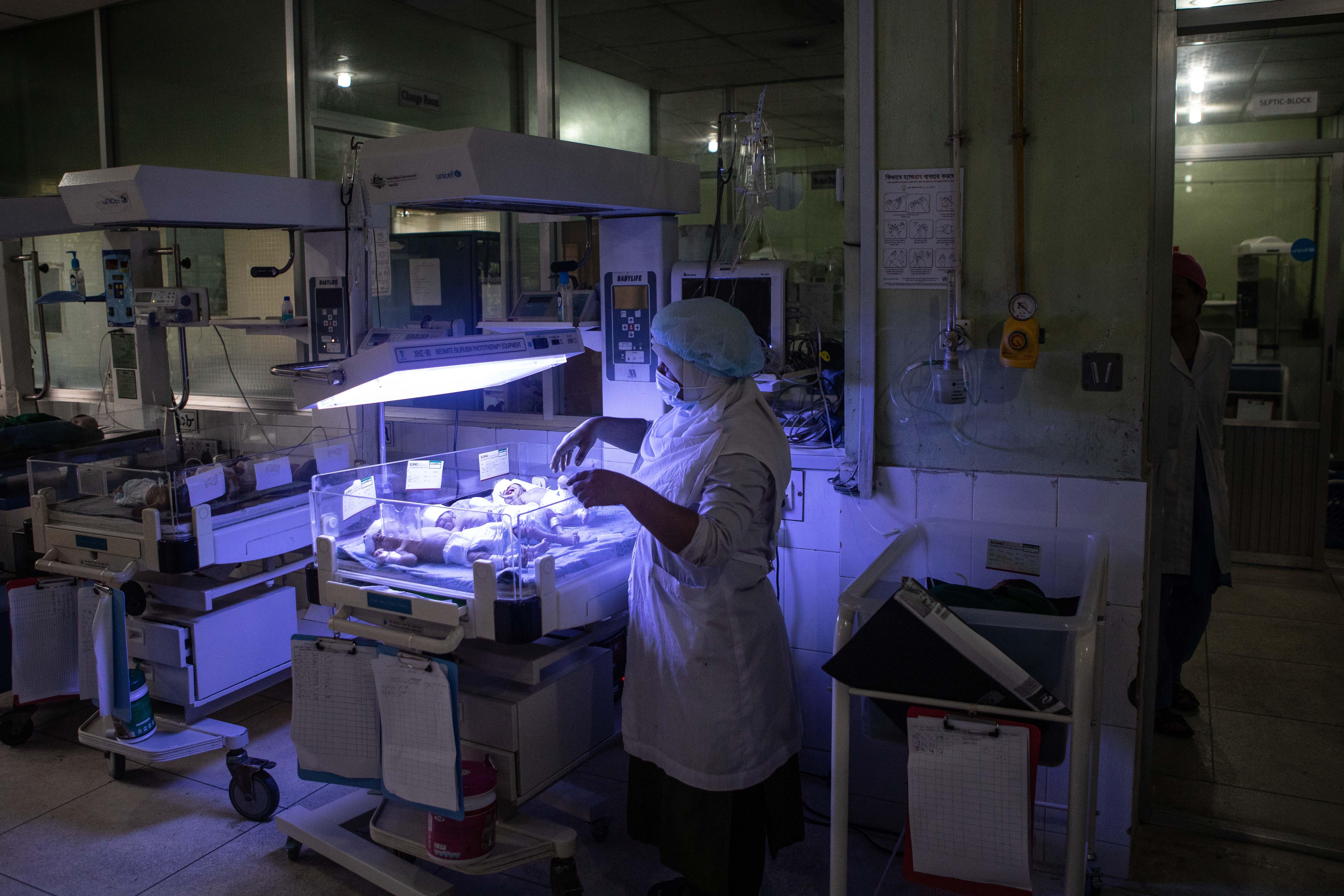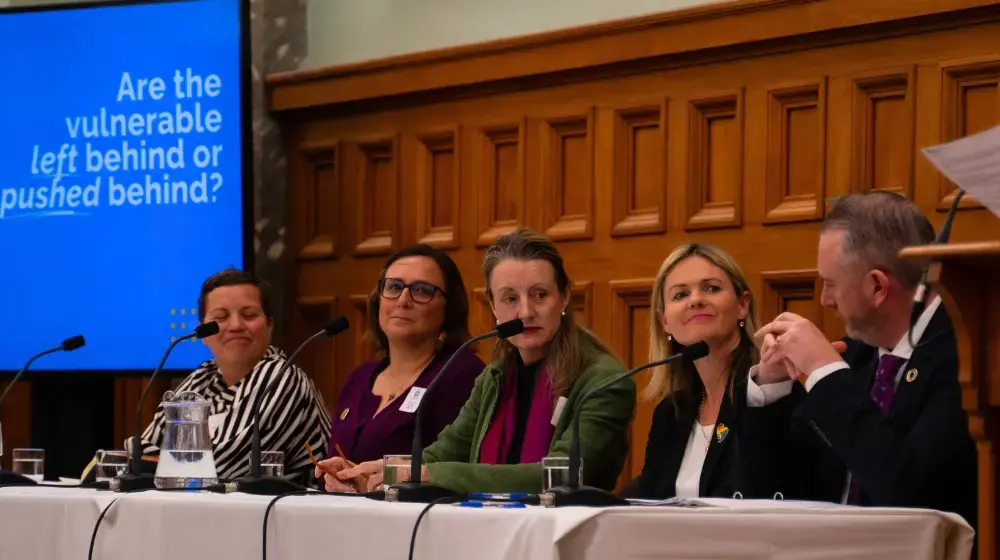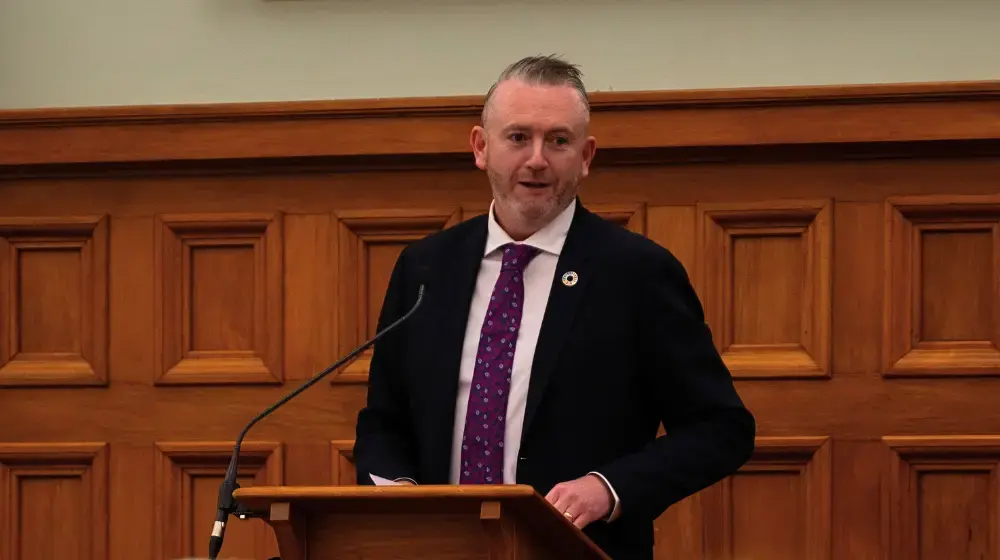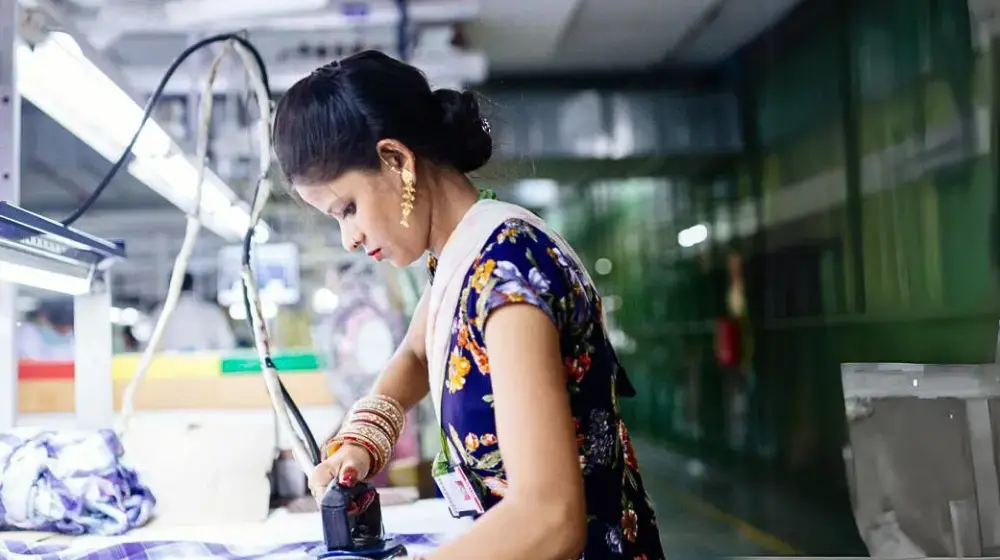The provision of protective equipment for midwives and other maternal healthcare workers should remain a top priority for health services dealing with the COVID-19 pandemic, the United Nations Population Fund, UNFPA, has advised in a guidance note for health authorities.
Amid reports that protective equipment is being repurposed for COVID-19 testing clinics, the United Nations sexual and reproductive health agency is urging governments and health authorities to prioritise maternal healthcare as an essential service in the fight against the novel coronavirus and provide the protective equipment these workers need to minimise their risk of contracting the virus.
Despite worldwide shortages of protective equipment, UNFPA calls for authorities to step up efforts to ensure that midwives - usually women - working on the frontlines of the COVID-19 pandemic are not sent into unsafe working conditions without adequate protective equipment.
Catherine Breen Kamkong, Sexual and Reproductive Health Regional Adviser for UNFPA Asia-Pacific, said maternal health workers provide an essential service and have a right to full access to protective equipment, as well as a safe and respectful working environment.
“Maternity services, whether in a clinic or in the community, are essential core health services,” she said.
“We want to make it clear - maternal health workers are already providing essential services, and should not be redeployed to other coronavirus response services. Doing so will compromise the health and safety of pregnant women, and new mothers and their babies."
Breen Kamkong noted that UNFPA works with midwives and other health workers in places where health systems are already overstretched, and where their care for pregnant women saves lives every day.
“Pregnant women, babies, and families rely on the services they receive from midwives - if these health workers become infected because they do not have access to protective equipment, and services for pregnant women are reduced or stopped, we will see an increase in childbirth-related deaths.”
“We have made such huge gains in reducing preventable maternal deaths, encouraging women and their families to prioritize safe delivery with a skilled midwife in a facility - we do not want to see this progress derailed because the midwives can’t come to work anymore.”





